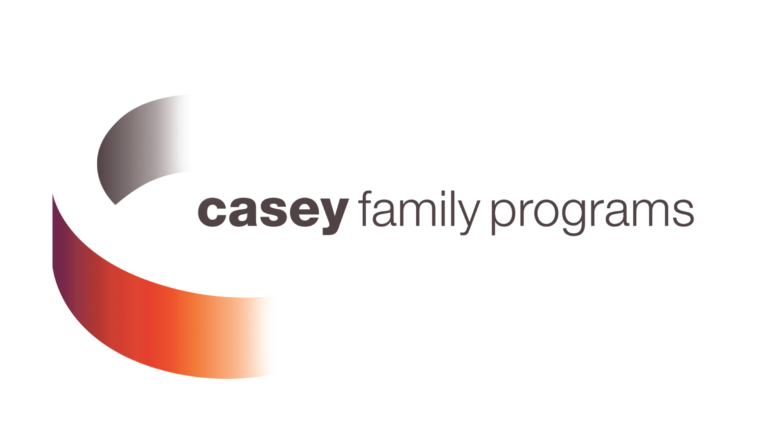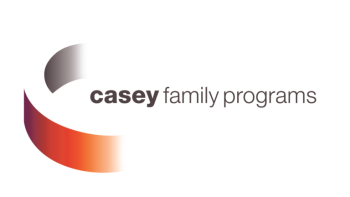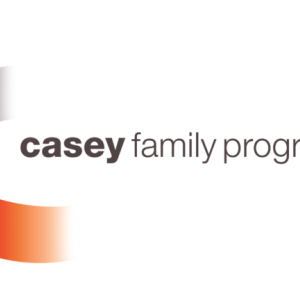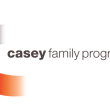State of Maine lays out action plan to beef up child protection services
In July, Maine’s Dept. of Health and Human Services appealed to the nonprofit Casey Family Programs to assist in the investigation of four child deaths that had occurred during the previous month. Following that announcement, the Department subsequently asked Casey to review a fifth death.
The five children, who were all four years or younger, died from accidents or serious injuries. The deaths occurred on June 1 in Brewer, on June 6 in Old Town, on June 17 in Temple, on June 20 in Stockton Springs, and on June 24 in Windham. In addition to offering key findings from the review, the Department asked Casey to offer interim policy recommendations that could be implemented by the State of Maine to support child and family safety.
The plan follows the recommendations of Casey Family Programs, which operates in 50 states to influence long-lasting improvements to the well-being of children, families and the communities.
On the list: Strengthening communications and coordination with child welfare partners, improving engagement with families and parents, and updating policies for standby and after-hours staffing. Read the report, with its findings and recommendations, here.
More specifically, and according to a news release from DHHS, the agency will immediately:
• Work with hospitals and law enforcement, including the Maine Department of Public Safety and legal experts to ensure robust and timely sharing of information to support child welfare staff in making decisions regarding the safety of children who are in the care of their parents or guardians.
By January, template protocol agreements and training will be established that support the confidentiality and rights of families and children while improving information flow to support child safety (recommendation #2).
• Collaborate with behavioral health providers and legal experts to develop guidance for clinicians who serve parents involved in the child welfare system to improve information sharing about children’s health and safety while supporting parents’ mental health or treatment for substance use disorders.
This will be completed this winter and advance work the Department has begun through its Family First Prevention Services Plan, including expanding the availability of evidence-based prevention and intervention services (recommendation #1).
• Finalize by November an updated policy for family team meetings that clarifies guidance to child welfare staff on criteria for convening, facilitating and documenting the meetings to best support child safety.
The Department has worked since July with the Cutler Institute at the University of Southern Maine to update this policy and a draft has already been reviewed by the Maine Child Welfare Advisory Panel, including the Child Welfare Ombudsman, and Office of Child and Family Services staff (recommendation #3).
- Further evaluate standby and after hours staffing to incorporate national best practices.
The Department convened a workgroup with district staff earlier this year that resulted in practice changes in October, including increasing staffing on weekends and holidays, building in flexibility in the lengths of shifts, clarifying expectations for ongoing case assignments, and better defining the roles of the caseworker and supervisors providing coverage.
The Department will reconvene this workgroup to identify further improvements to standby/after-hours practices for consideration in January and continue working with Casey Family Programs to learn about the practices of other states (recommendation #5). - Increase engagement with parents by adding parents with experience in child welfare to training teams and system improvement processes by January to, in part, assist with developing a parent mentor program. This builds on the Department’s previous work with parents who were involved in the child welfare system in advising on policy and educating staff and resource (foster) parents (recommendation #4).
Planning is underway to respond to the remaining recommendations as well as ideas from others, including OCFS staff, on child welfare system improvements. The Department is committed to collaborating with the Health and Human Services Committee of the Maine State Legislature on any additional actions that would require legislation.
In July, DHHS asked the Casey Family Programs to assist in the investigation of four child deaths that had occurred during the previous month.
Following that announcement, the Department subsequently asked Casey to review a fifth death.
The five children, who were all four years or younger, died from accidents or serious injuries. The deaths occurred on June 1 in Brewer, June 6 in Old Town, June 17 in Temple, June 20 in Stockton Springs, and June 24 in Windham.
In addition to offering key findings from the review, the Department asked Casey to offer interim policy recommendations that could be implemented by the State of Maine to support child and family safety.
Casey partnered with Collaborative Safety, an organization that uses safety science methods to conduct critical incident reviews, to conduct the independent assessment on the expedited timeline required by the Department. Casey has partnered with Collaborative Safety to conduct such reviews in other child welfare jurisdictions throughout the country.
Founded in 1966, Casey Family Programs works in all 50 states, Washington D.C., Puerto Rico, the U.S. Virgin Islands and with tribal nations across North America to influence long-lasting improvements to the well-being of children, families and the communities where they live.
Casey’s review included the staff and leadership of the Department’s Office of Child and Family Services, the Maine Child Welfare Ombudsman, partner agency staff, law enforcement, and the Office of Program Evaluation and Government Accountability.
Following the deaths, the Department updated its child fatality notification process to include the Child Welfare Ombudsman and began publicly releasing on a quarterly basis aggregate information on child fatalities in Maine. It also has supported other investigations into the recent fatalities including that of the Child Welfare Ombudsman and the Office of Program Evaluation and Government Accountability, whose preliminary report is due in January.
In 2019, Maine adopted a Child & Family Services Strategic Plan following a comprehensive evaluation by the Department’s Office of Child and Family Services (OCFS) and other stakeholders, which includes improvements in policies and practices to ensure child safety; expanded staffing and training; increased focus on family wellbeing; and a sharper focus on permanency, which means limiting the time a child is in a temporary placement.
OCFS has added about 60 additional staff since the plan’s implementation. Its update of the child welfare information system called Katahdin, which is on schedule and on budget, will improve informed decision making and coordination starting in 2022. Recognizing that substance use disorders harm children and families, and the pandemic has induced mental health challenges as well, the Department has also expanded its support through programs like MaineMOM and StrengthenME.
Furthermore, Maine is implementing its Federal Family First Prevention Services Act plan following approval in September 2021 from the federal government, which will expand prevention services to help keep children and families healthy and safe and prevent the need for children to come into the care and custody of the State. Maine, the first New England state to gain approval to implement Family First, will receive approximately $2.4 million in federal funding annually.
Anyone concerned about child abuse or neglect should call DHHS’ 24-hour hotline at 1-800-452-1999. Calls may be made anonymously.





























